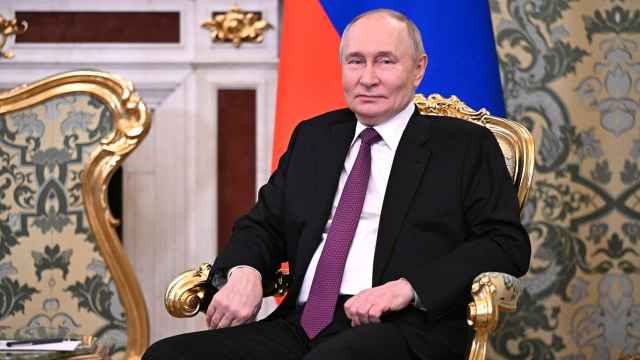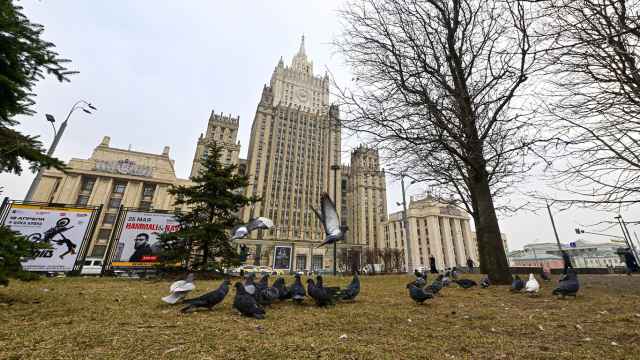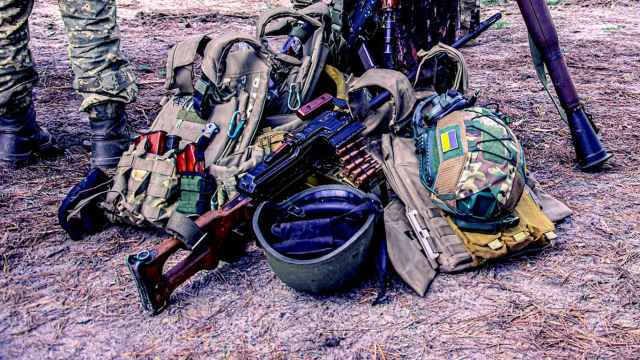The recent revival in Russia on the market of construction of facilities for sports and leisure provides our citizens with new opportunities for physical development and cultural activities, but at the same time presents a number of problems.
The ongoing state program of sports infrastructure facilities development is, of course, a relevant and timely measure, since the provision of gyms in Russia today is on average only at the level of 56.4 percent of what the current regulations advise. Large differences exist in the level of provision between different regions of Russia. The highest provision is in the Belgorod region at 51.7 percent, the lowest is in the republic of Ingushetia at 5.5 percent. Russia generally has a very low supply of swimming pools — just 7.5 percent of the standard. The least provided for is Dagestan with 0.6 percent of the desired number of swimming pools, Altai with 1.3 percent, and the Kurgan region with 1.4 percent. In Ingushetia and the Chechen republic there are no public swimming pools at all! The level of the regions' plate structures, which include stadiums, is also clearly inadequate. On average it is 24.7 percent of the standard, including, for example:
- Chukotka autonomous district: 2.3 percent
- Murmansk region: 7 percent
- Ingushetia republic: 7.4 percent
- Yamal-Nenets autonomous district: 8.3 percent
- Moscow region: 11.3 percent
Between 1999 and 2010 the total number of fitness and sports facilities (FSF) increased by almost 22.5 percent, finally managing in 2010 to surpass the 1991 level of 238,600 as provided by the State Statistics Service, with 243,100. In addition, carrying capacity is 23.5 percent of the target.
Development of the FSF network over the past five decades has been characterized by a general increase in their numbers, with the highest growth rates seen in 1960-80 and a slowdown beginning in 1987. Thus, the average annual increase of gyms in 1987-97 compared with the previous period (1970-87) decreased by a factor 1.2, and only in 1997 to 2010 did the growth rate recover, reaching 69,984 units in 2010. Dramatically was reduced the number of planar structures: from 277,000 in 1980 and 216,000 in 1987 to 126,400 in 2010. Only the number of swimming pools has stably increased from year to year: In the period from 1991 to 2010 their number increased 81.9 percent, from 2,194 to 3,990.
In this regard, the main objectives of the state investment policy, as the main investor, should be to:
- apply project management mechanisms;
- use programming and indicative planning;
- level security FSF regions and districts of the Russian Federation;
- increase the number of the regions' stadiums, fields and swimming pools;
- analyze the situation and develop strategy on the FSF in rural areas taking into account the actual density of the population;
- encourage the construction of modern technological and cost-effective FSF of a new innovative type;
- gradually improve the quality management of infrastructure for sports and recreation, including the security of both fitness and sports activities as well as the FSF themselves.
It is obvious that the competition for consumers will win those business entities that are actively investing in new technologies to ensure the reproduction of fixed assets based on the latest scientific and technological progress.
The emergence of promising new technologies can lay principally new solutions during the initial design stages and ensure the full integration of all equipment in the construction of the FSF . Creating modern "intelligent" buildings, in addition, can achieve the following results:
- reduce electricity consumption by up to 30 percent;
- reduce water consumption by up to 40 percent;
- reduce heat consumption by up to 50 percent.
Overall operating costs can be lowered by up to 30 to 40 percent.
Ensuring the successful solutions of problems of this large-scale development can only be resolved through a range of associated systemic problems. For example, through the current system of allocation of public contracts for the construction of the FSF, the winners are not the companies offering the most advanced and effective solutions, or contractors who offer the most affordable (and, therefore, usually of poor quality or simply outdated) technologies and materials. Calling for an innovative path of development, the state itself systemically prevents innovation in the real sector and hinders real modernization of the infrastructure. Another example: the development of FSF networks in the country requires an adequate number of specialists to manage these facilities, where many professional managers of sports and leisure work. In this case, we can say that even today most industrial facilities are under the authority of spontaneously appointed heads who have no special training or experience. And such examples of unresolved problems can quickly rise exponentially.
The tasks and problems outlined above clearly show that sectoral development requires professionalism and a more balanced approach in their dealings. Improving the quality of governance in sports is the only adequate and systematic response to these emerging development issues. The launching of an important process of forming and consolidating the industry's professional community allows to look to the future with a pragmatic optimism.
A Message from The Moscow Times:
Dear readers,
We are facing unprecedented challenges. Russia's Prosecutor General's Office has designated The Moscow Times as an "undesirable" organization, criminalizing our work and putting our staff at risk of prosecution. This follows our earlier unjust labeling as a "foreign agent."
These actions are direct attempts to silence independent journalism in Russia. The authorities claim our work "discredits the decisions of the Russian leadership." We see things differently: we strive to provide accurate, unbiased reporting on Russia.
We, the journalists of The Moscow Times, refuse to be silenced. But to continue our work, we need your help.
Your support, no matter how small, makes a world of difference. If you can, please support us monthly starting from just $2. It's quick to set up, and every contribution makes a significant impact.
By supporting The Moscow Times, you're defending open, independent journalism in the face of repression. Thank you for standing with us.
Remind me later.





